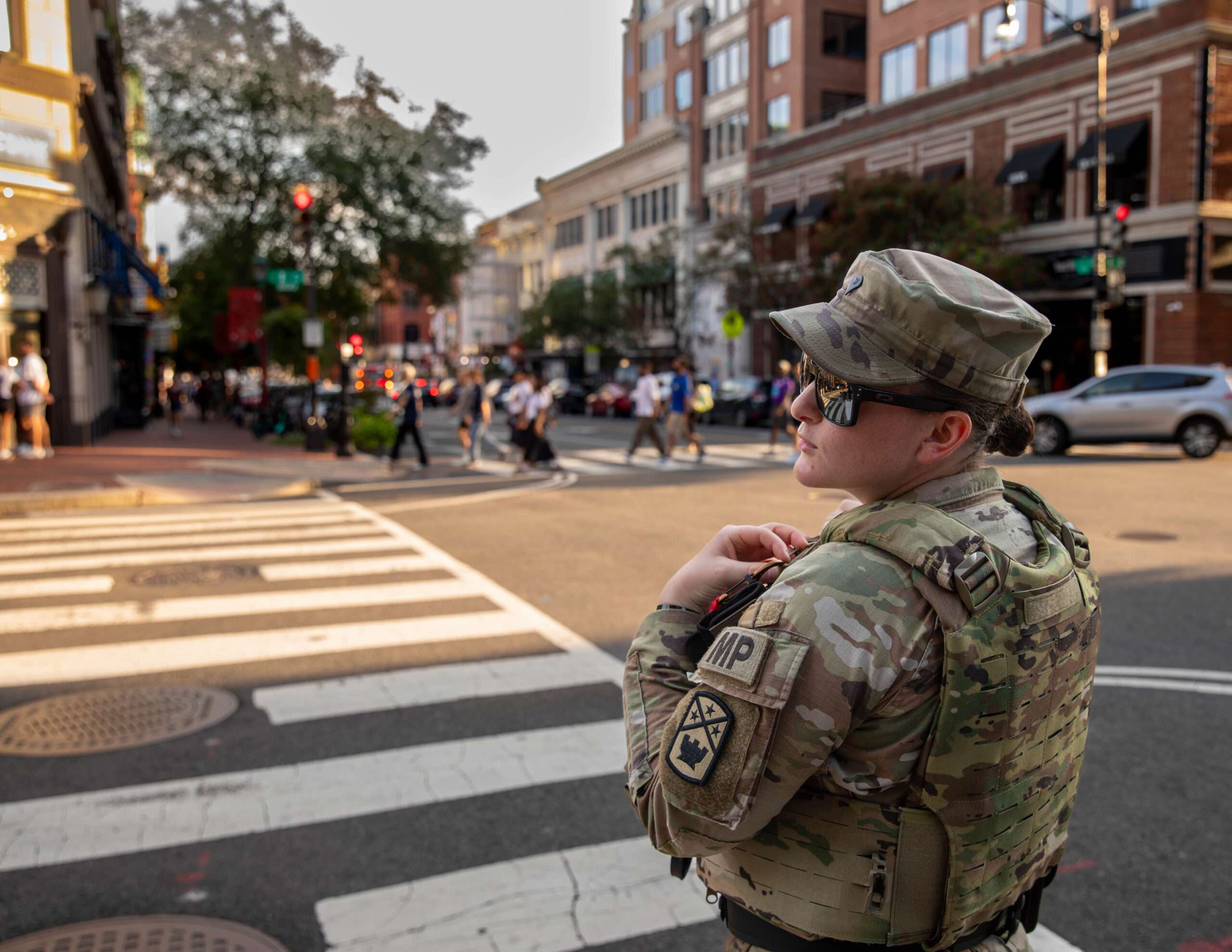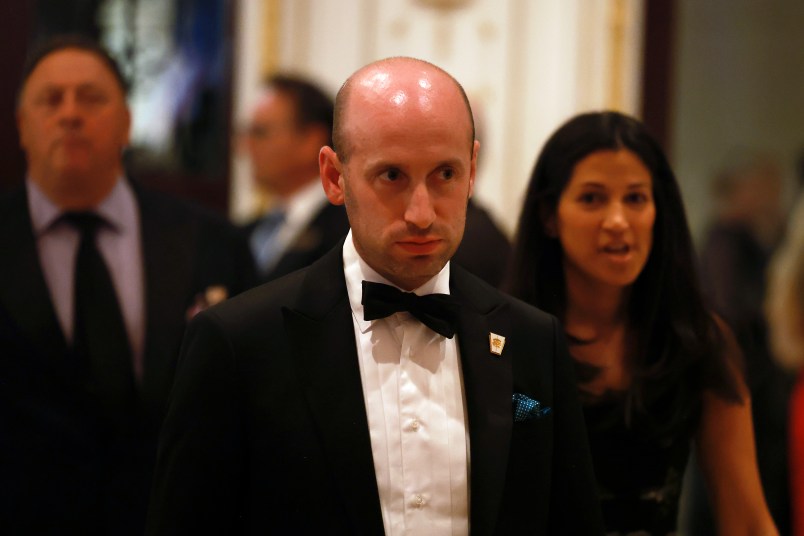Afederal judge in Illinois has dismissed a lawsuit filed by the Trump administration that sought to block the state’s workplace privacy law on the grounds that it conflicted with federal immigration enforcement.
In a ruling issued on August 19, Judge Sharon Johnson Coleman of the U.S. District Court for the Northern District of Illinois rejected the administration’s arguments, finding that the Illinois Right to Privacy in the Workplace Act is not preempted by federal immigration law.
Why It Matters
The ruling matters because it draws a clearer boundary between federal immigration power and state authority over workplace regulation. By rejecting the Trump administration’s effort to use immigration law to override Illinois’ privacy protections, Judge Sharon Johnson Coleman reaffirmed that states retain broad authority to govern employment relationships.
The decision safeguards workers’ procedural rights in the hiring process, could set a precedent for other states considering similar measures, and marks a significant check on the expansion of federal enforcement authority.
What To Know
The case centered on whether federal law—particularly the Immigration Reform and Control Act of 1986 (IRCA)—supersedes state-level employment protections. The administration argued that provisions of Illinois’ law regulating the use of the federal E-Verify system and protecting employees during the employment verification process interfered with federal immigration authority.
Coleman disagreed, concluding that the state law “is not expressly preempted by IRCA and does not intrude upon the federal government’s constitutional powers in the space of immigration and foreign affairs.” She added that the government’s “broad interpretation of its power to regulate matters of immigration would swallow the historic powers of the states over employment-related issues”.
The Federal Government’s Argument
The Trump administration claimed that several provisions of Illinois’ privacy law—including penalties for violations related to E-Verify—constituted sanctions on employers of unauthorized workers and therefore fell under IRCA’s preemption clause. That provision bars states from imposing civil or criminal sanctions on employers who hire or recruit unauthorized workers/aliens.
The Justice Department also argued that Illinois’ law, by imposing notification requirements and other conditions on the use of E-Verify, conflicted with the federal goal of deterring unauthorized employment.
At oral argument, however, Coleman noted that government lawyers struggled to identify precisely which sections of Illinois law they believed were preempted. In her ruling, she wrote that the administration’s interpretation of IRCA’s preemption clause was “broad to the point of absurdity.”
Judge’s Reasoning
Coleman emphasized that employment regulation has historically been a power of the states. “States possess broad authority under their police powers to regulate the employment relationship to protect workers within the State,” she wrote, citing Supreme Court precedent.
The judge found that Illinois’ law does not penalize employers for hiring unauthorized workers but rather regulates how employers use verification systems and ensures employees’ rights are respected during that process. “A person’s immigration or work authorization status is irrelevant to determine whether an employer has violated any of the provisions of the act,” Coleman explained.
She further rejected the administration’s conflict preemption argument, which claimed that Illinois’ law undermined federal objectives. The government suggested that the state’s notification rules could encourage unauthorized workers to evade detection. Coleman dismissed this as “simply too speculative a basis on which to rest a finding of pre-emption.”
Broader Implications
The ruling represents a significant legal setback for Trump’s immigration agenda, which has frequently sought to expand federal authority over state and local policies. By upholding Illinois’ privacy protections, the court reaffirmed the principle that federal power over immigration does not automatically override state employment laws.
The decision may carry consequences beyond Illinois. Other states have enacted or considered similar laws governing the use of E-Verify and employee privacy. Coleman’s opinion suggests that such measures, when designed to regulate employment rather than immigration status, may withstand federal challenges.
Newsweek contacted the Department of Justice for comment via email outside of regular working hours on Wednesday.
What People Are Saying
Judge Sharon Johnson Coleman wrote in her ruling that Illinois’ workplace privacy law “is not expressly preempted by IRCA and does not intrude upon the federal government’s constitutional powers in the space of immigration and foreign affairs.” She added that the administration’s interpretation of federal law was, “broad to the point of absurdity.”
Kyle Cheney of Politico wrote on X, August 20, 2025, “A federal judge in Illinois has thrown out the Trump administration’s lawsuit against the state that claims IL’s workforce privacy law conflicts with federal immigration enforcement.”
In a broader context, legal scholars and state officials have long debated the limits of federal power in immigration enforcement.
Ilya Somin, professor of law at George Mason University, told the Washington Post in 2017: “Trump and future presidents could use [the executive order] to seriously undermine constitutional federalism by forcing dissenting cities and states to obey presidential dictates, even without authorization from Congress. The circumvention of Congress makes the order a threat to separation of powers, as well.”
What Happens Next
The Trump administration is expected to appeal to the Seventh Circuit, with a possible path to the Supreme Court. For now, Illinois’ workplace privacy law remains in effect, and the ruling could inspire other states to adopt similar protections while intensifying debates over federal versus state authority.
Judge Coleman emphasized that federal immigration power “is not without limits,” and that preemption requires a clear conflict. By leaving Illinois’ law intact and denying an injunction, the ruling marks a notable legal setback for Trump’s immigration strategy.




